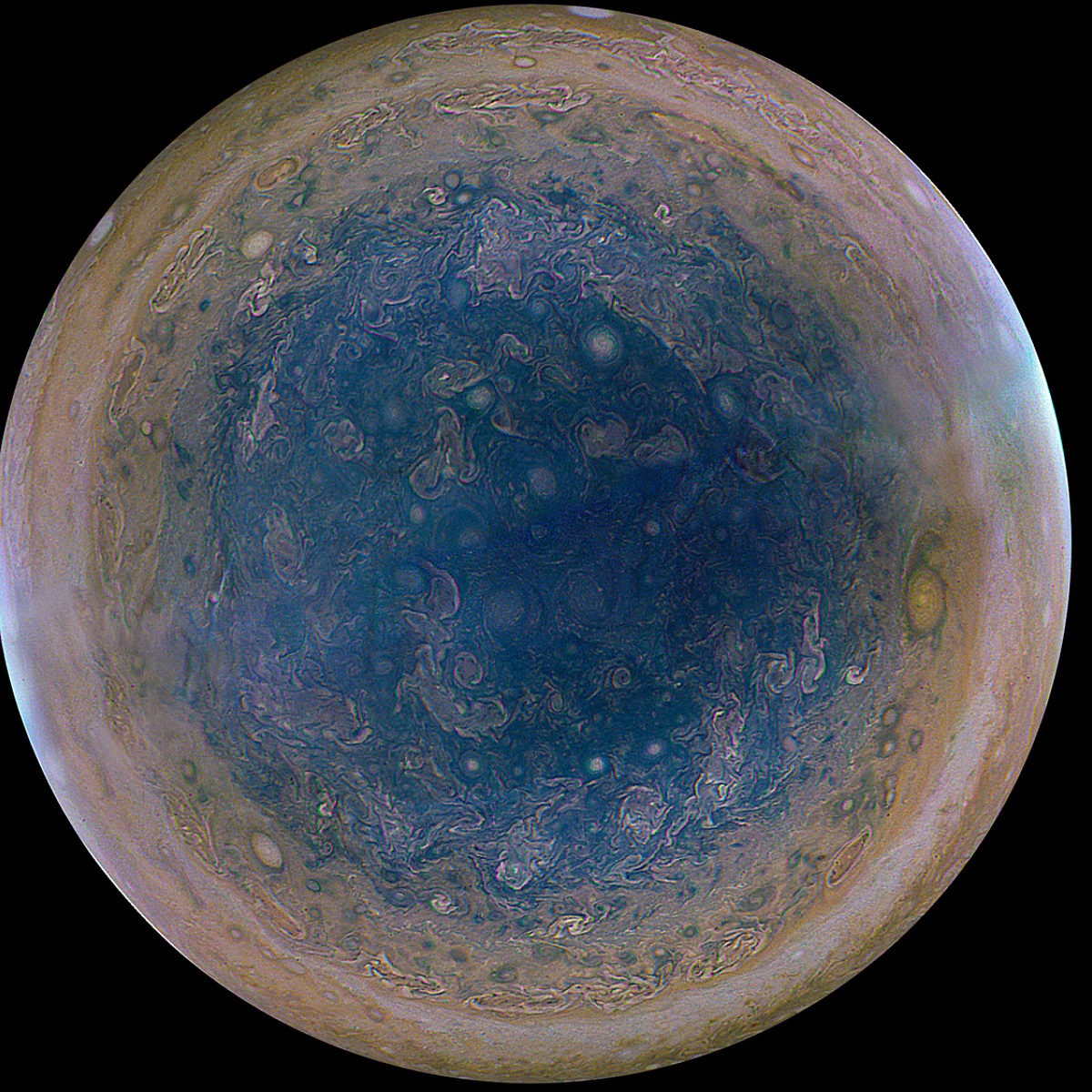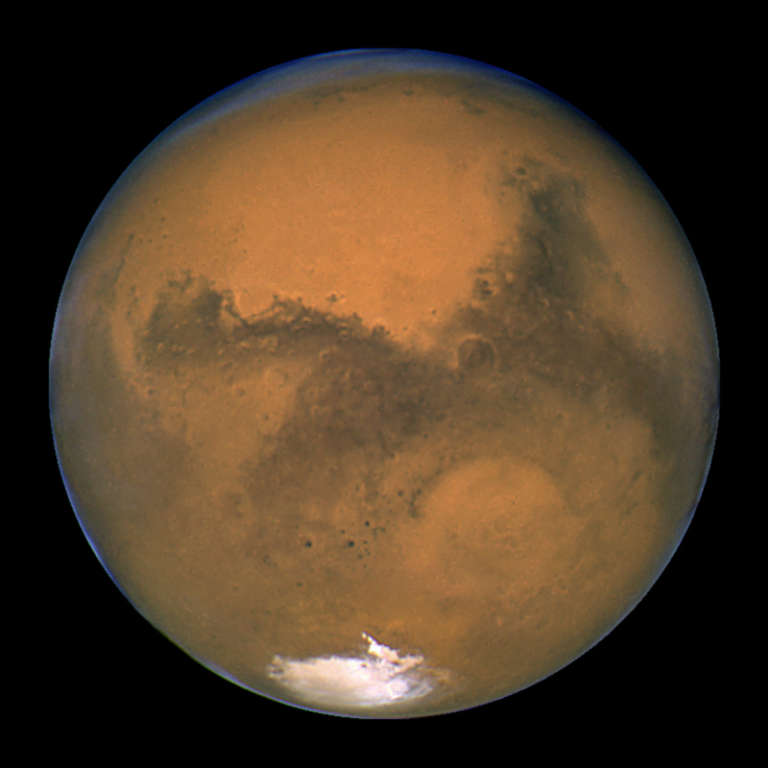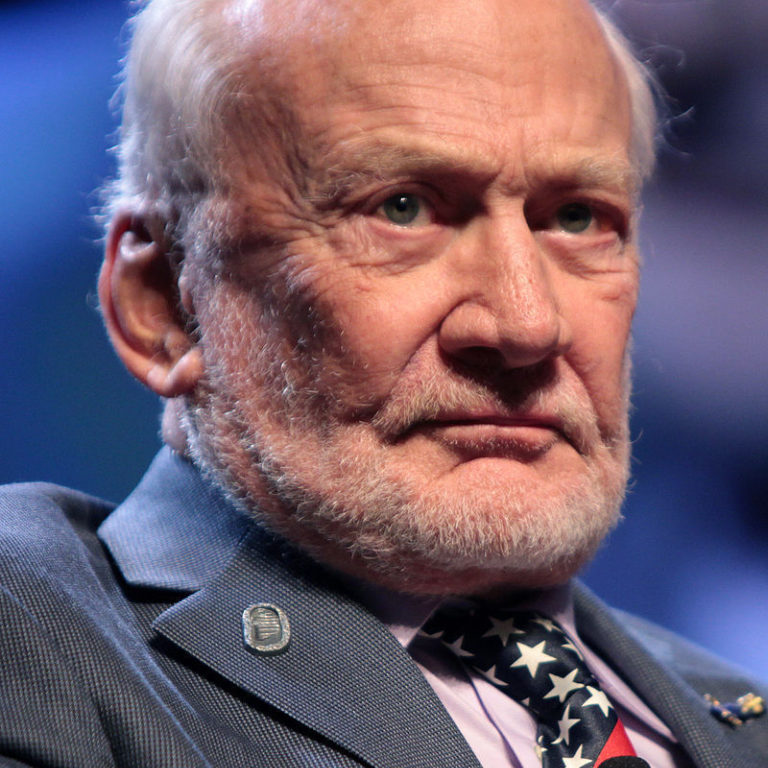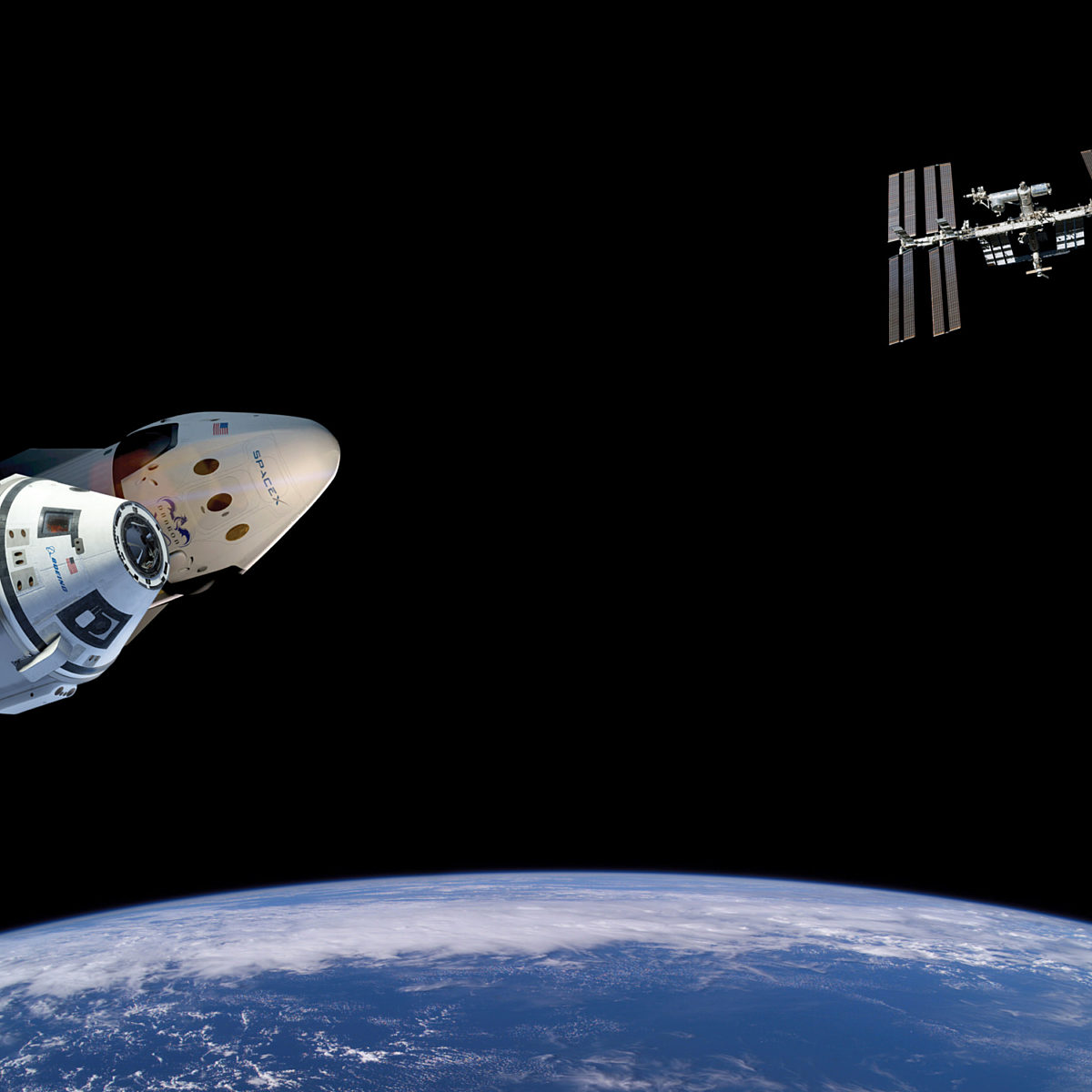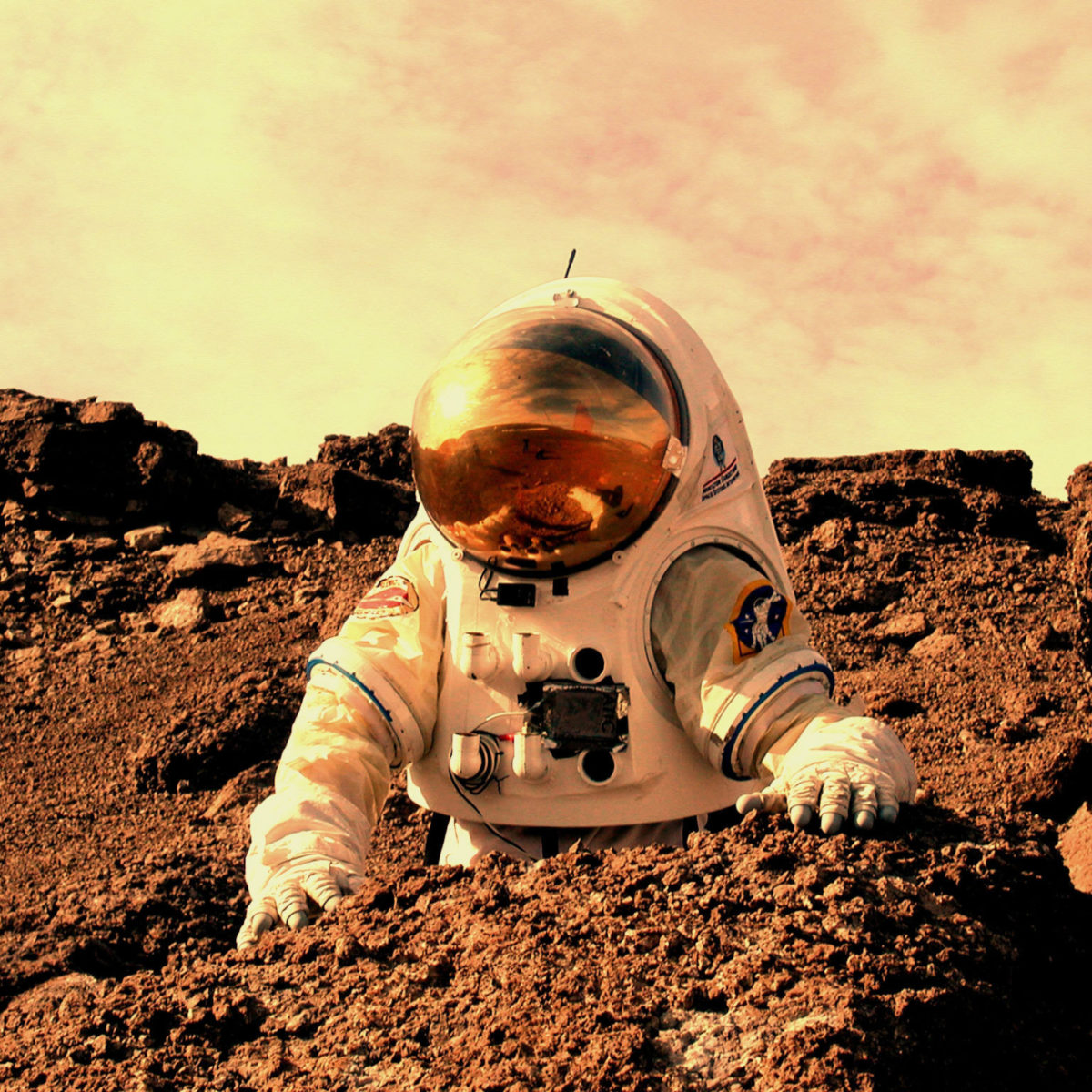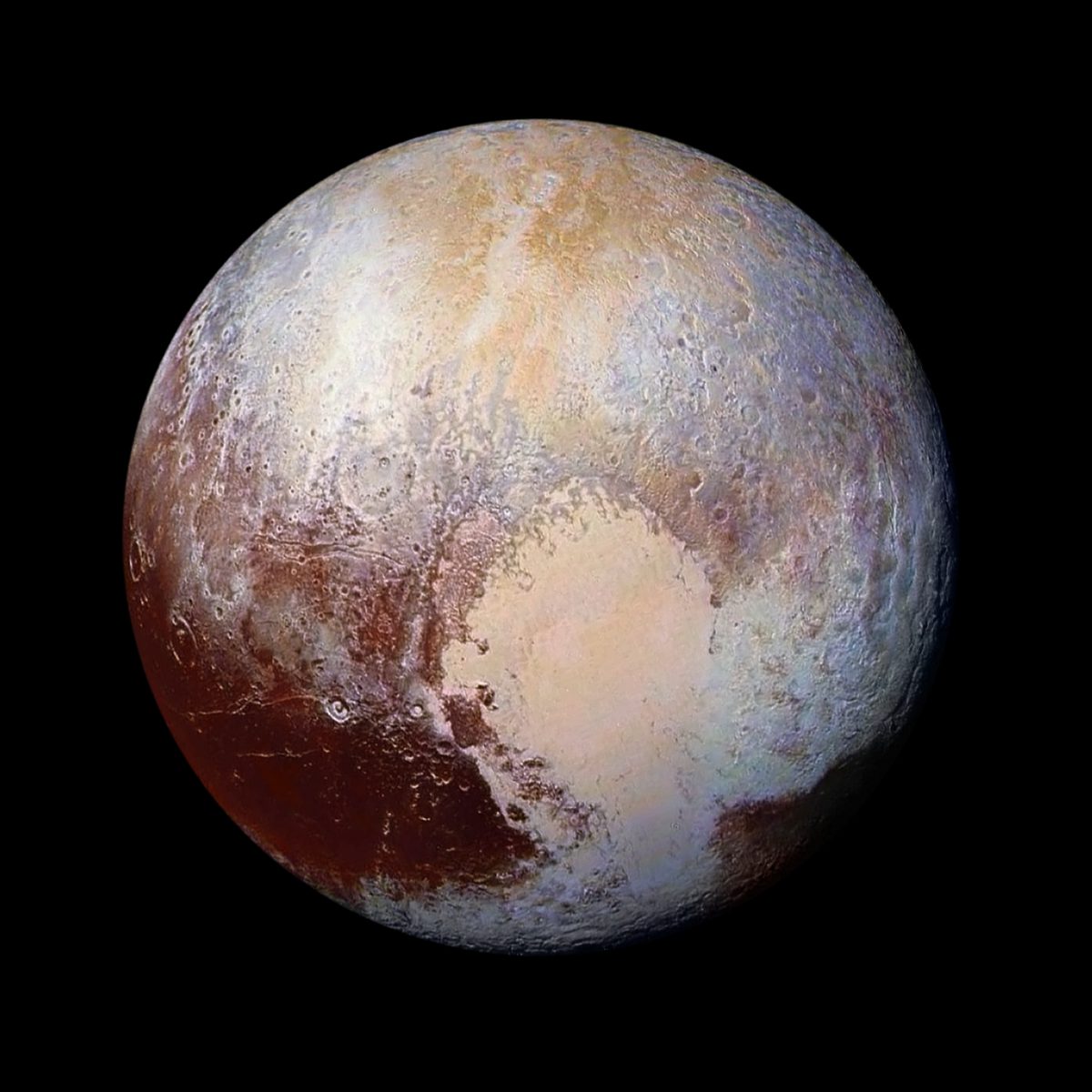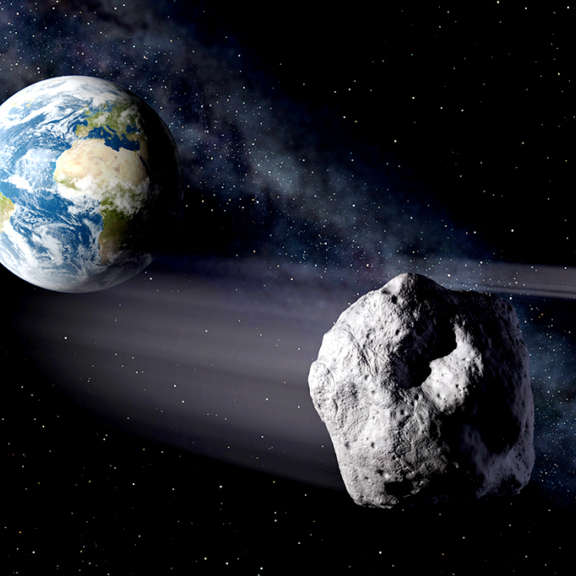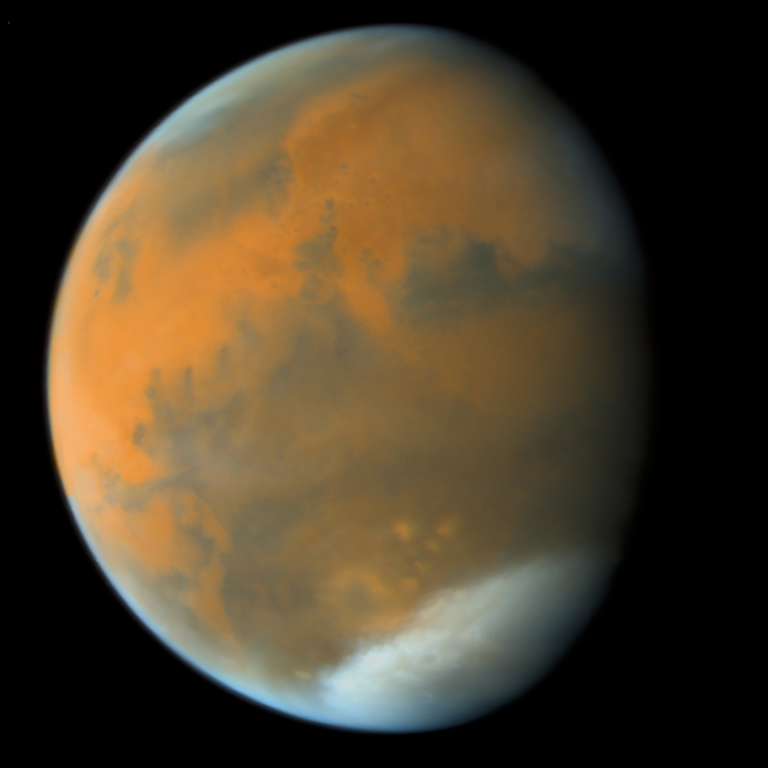Since 2002, Planetary Radio has visited with a scientist, engineer, project manager, advocate, or writer who provides a unique perspective on the quest for knowledge about our Solar System and beyond. The full show archive is available for free.
Search Planetary Radio
Have you seen its stunning image of Jupiter’s south pole? The Juno orbiter is surpassing expectations and delivering surprising science. Scott Bolton, the mission’s Principal Investigator, is back with a thrilling report.
The Trump Administration released its proposed FY2018 budget just days ago. Casey Dreier, Jason Callahan and Mat Kaplan dive deep into what this controversial plan means for NASA and how it has been received by Congress.
He walked with Neil Armstrong on the moon, but that may not be his greatest legacy. Buzz Aldrin was joined by other space stars at the recent Humans To Mars Summit.
Astronauts may soon ride on US rockets and in US spaceships for the first time since the last Space Shuttle flight. Jon Cowart of NASA is working with SpaceX toward the first launch of a Dragon spacecraft with humans on board.
The human journey to the Red Planet is long and hard, but Mat’s conversation with three NASA Associate Administrators at the Humans to Mars Summit was filled with cautious optimism.
Veteran Jet Propulsion Lab planetary scientist Bonnie Buratti talks with Mat about the wonder of our solar neighborhood that she explores in
Moon or Mars? Should NASA depend on private companies? What’s the goal of human spaceflight? These questions were debated three decades ago, yet are just as relevant today. Does that mean space policy is stagnant?
The University of Texas at Austin’s observatory is high in the hills of west Texas. In this special episode, Mat Kaplan joins the tens of thousands who visit it each year. The occasion was the dedication of the vastly upgraded Hobby-Eberly Telescope, third largest on Earth.
The Aerospace Corporation has been innovating since 1960. Now it’s headed by a former leader of “New Space” company Virgin Galactic. President and CEO Steve Isakowitz talks about the evolving culture of the space industry.
Whether it’s discovering gravity waves, curing cancer or building a space station, the biggest science challenges increasingly require investments that are beyond what private industry can afford and collaborations that include many nations. Casey, Jason and Mat look at the history of big science and the outlook for future efforts. The team also reviews the 2018 budget proposed for NASA by the Trump Administration, and shares other space policy news from Washington.
Mars was once a warm and wet world. Then its dense, protective atmosphere mostly vanished. Learning why was one of the greatest mysteries in planetary science. The answer has just been delivered by the MAVEN orbiter.
The longtime editor of outstanding online space news source Universe Today has just written about nine robotic missions of exploration in
The Planetary Society’s LightSail 2 solar sail spacecraft is ready to be packed away for its ride to orbit on a SpaceX Falcon Heavy rocket. Mat Kaplan checks the mission’s status with team members.
It’s coming! Will you be in the path of totality? Astronomers Without Borders President Mike Simmons says be there if you can.
Planetary geologist Kirby Runyon is lead author of an abstract that proposes a new, geophysical definition of what a planet is.
Laura Delgado Lopez from the Harris Corporation joins us to talk about the growing number of countries getting into the space business, particularly in Latin America. Casey, Jason, and Mat also take stock of SpaceX's plans to send humans around the Moon in 2018, and how the newly-announced Trump budget cuts could hurt NASA.
The discovery of seven, Earth-sized planets in a nearby solar system was announced last week. Astrophysicist and planetary scientist Sara Seager joins us to share her excitement about this find that includes three planets in the habitable zone.
Leaders of the quest to find, understand and protect ourselves from the asteroids and comets called Near Earth Objects gathered with host Mat Kaplan for a live conversation about this existential threat from space.
Rod Pyle reveals bizarre yet fascinating space projects of the past in his new book. Pyle also exposes previously classified information about missions and spacecraft you thought you knew.
University of Arkansas grad student Rebecca Mickol and her team have demonstrated that some Earth bacteria can survive in the extremely thin atmosphere of Mars. Could Martian bacteria thrive under the same conditions?


 Explore Worlds
Explore Worlds Find Life
Find Life Defend Earth
Defend Earth


